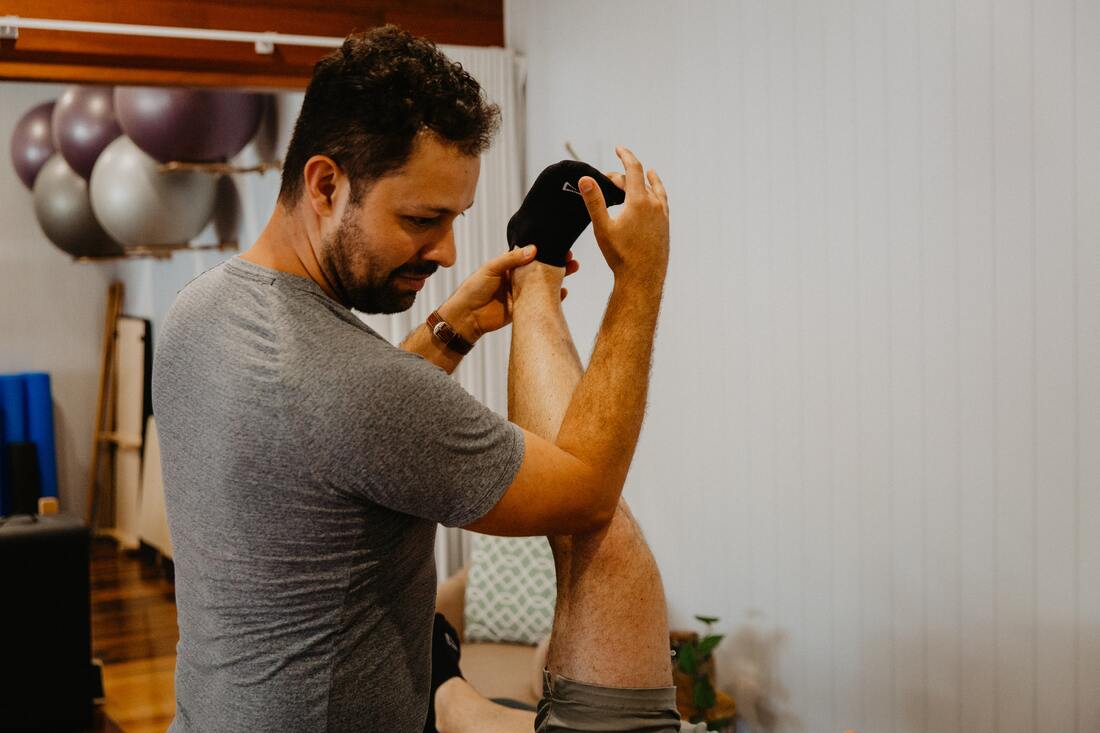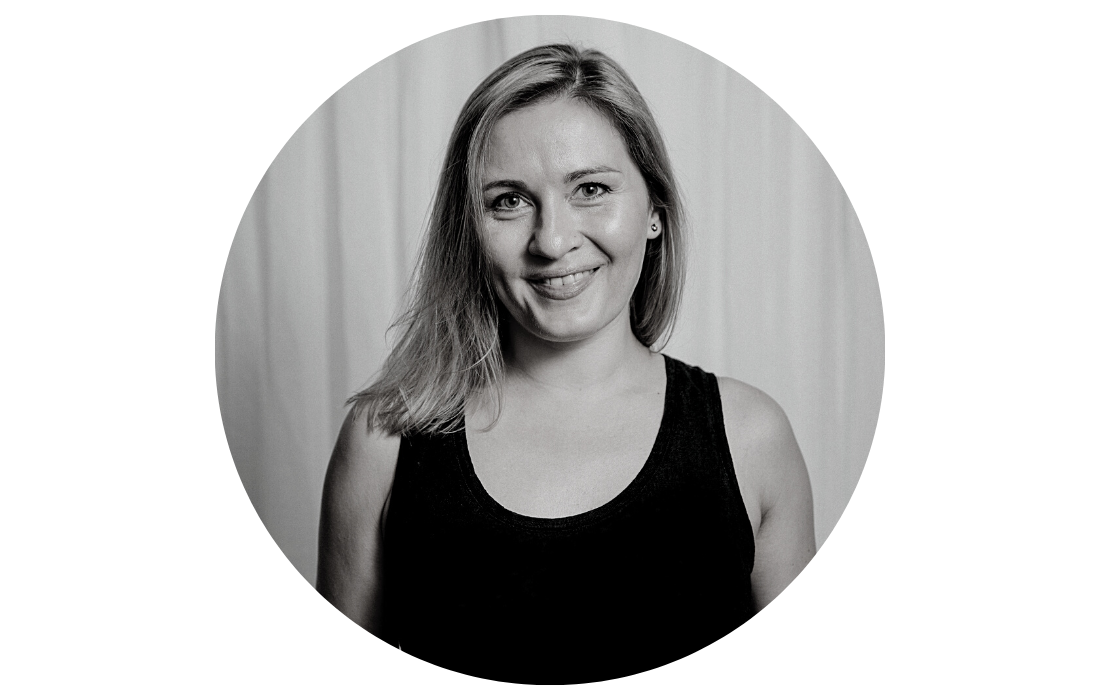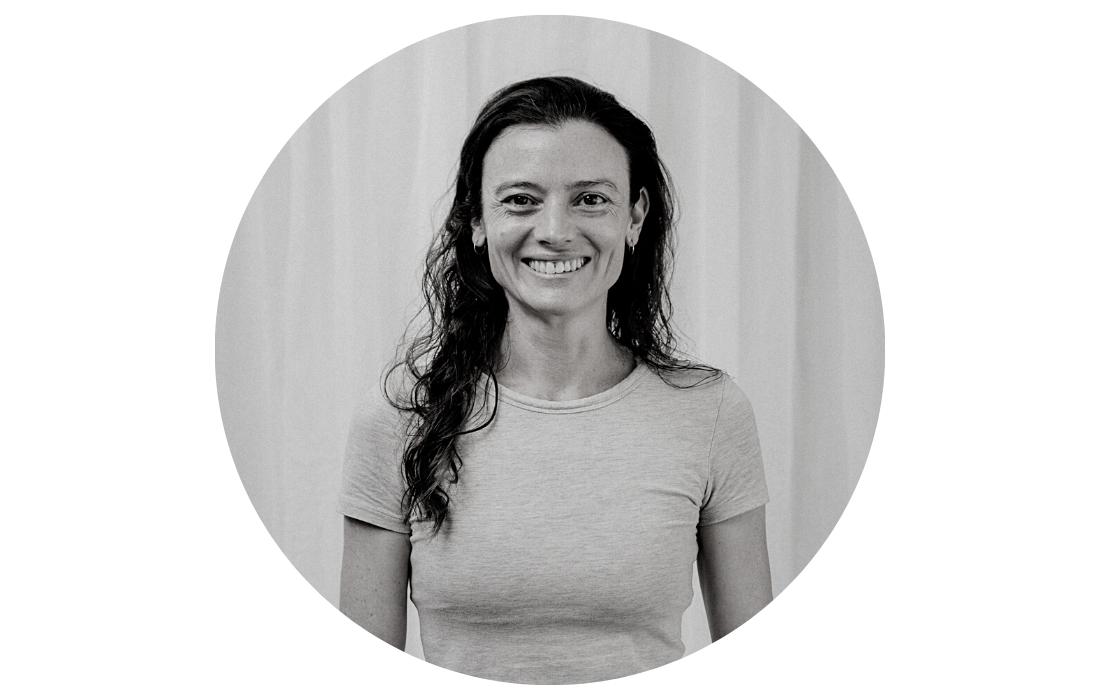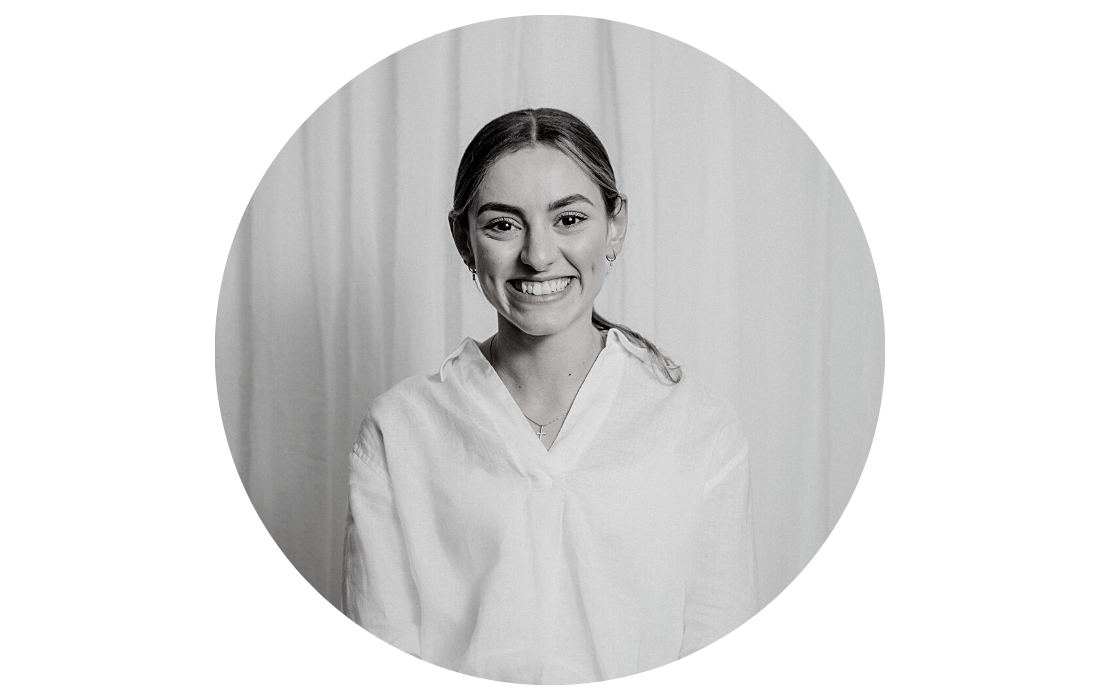Shin splints physiotherapy Brisbane southside.
What are Shin Splints?
Shin splints, medically known as medial tibial stress syndrome (MTSS), are a common lower leg condition characterized by pain and inflammation along the shinbone (tibia). It typically occurs in individuals engaged in high-impact activities that involve repetitive stress on the lower leg, such as running, jumping, dancing, and sports like basketball and soccer.
How are Shin Splints Diagnosed?
Diagnosing shin splints involves a comprehensive evaluation by a qualified physiotherapist. The process may include a thorough medical history review, a discussion of the patient's physical activities, and a physical examination. Diagnostic imaging, such as X-rays or MRI scans, may also be utilized to rule out other potential causes of the pain and to assess the extent of the injury.
How Common are Shin Splints in Australia?
Shin splints are a prevalent issue among active individuals in Australia. The country's love for sports and fitness activities makes it relatively common among athletes, runners, and fitness enthusiasts. According to recent data, shin splints account for a significant percentage of sports-related injuries treated in physiotherapy clinics across the nation.
How can Physiotherapy Help with Shin Splints?
Physiotherapy plays a crucial role in the management and rehabilitation of shin splints. The treatment approach may vary depending on the severity of the condition, but it generally includes the following:
What are the Treatment Options for Shin Splints?
The treatment of shin splints typically involves a combination of physiotherapy interventions and lifestyle adjustments. Some of the primary treatment options include:
How can Clinical Pilates Help with Shin Splints Rehabilitation?
Clinical Pilates is an evidence-based exercise approach that focuses on improving core strength, flexibility, and overall body awareness. It can be particularly beneficial in shin splints rehabilitation for the following reasons:
What is the Prognosis for Shin Splints?
With appropriate and timely physiotherapy intervention, most cases of shin splints have a positive prognosis. Following a structured treatment plan, including rest, gradual return to activity, and physiotherapy-guided rehabilitation, patients can expect significant improvements in pain and function within a few weeks. However, individual recovery times may vary based on the severity of the injury and adherence to the treatment plan.
Shin splints, medically known as medial tibial stress syndrome (MTSS), are a common lower leg condition characterized by pain and inflammation along the shinbone (tibia). It typically occurs in individuals engaged in high-impact activities that involve repetitive stress on the lower leg, such as running, jumping, dancing, and sports like basketball and soccer.
How are Shin Splints Diagnosed?
Diagnosing shin splints involves a comprehensive evaluation by a qualified physiotherapist. The process may include a thorough medical history review, a discussion of the patient's physical activities, and a physical examination. Diagnostic imaging, such as X-rays or MRI scans, may also be utilized to rule out other potential causes of the pain and to assess the extent of the injury.
How Common are Shin Splints in Australia?
Shin splints are a prevalent issue among active individuals in Australia. The country's love for sports and fitness activities makes it relatively common among athletes, runners, and fitness enthusiasts. According to recent data, shin splints account for a significant percentage of sports-related injuries treated in physiotherapy clinics across the nation.
How can Physiotherapy Help with Shin Splints?
Physiotherapy plays a crucial role in the management and rehabilitation of shin splints. The treatment approach may vary depending on the severity of the condition, but it generally includes the following:
- Pain Management: Physiotherapists use various modalities like ice therapy, ultrasound, and soft tissue massage to relieve pain and inflammation in the affected area.
- Biomechanical Assessment: Understanding the patient's gait and movement patterns helps identify any underlying biomechanical issues that might contribute to shin splints. Addressing these problems can aid in long-term recovery and prevent future occurrences.
- Individualized Exercise Program: A tailored exercise program is designed to strengthen the lower leg muscles, improve flexibility, and gradually reintroduce weight-bearing activities. These exercises aim to promote healing and prevent re-injury.
- Activity Modification: Temporarily modifying or reducing high-impact activities is often necessary to allow the shin to heal properly. Physiotherapists work with patients to adjust their training routines and implement appropriate rest periods.
- Education and Prevention: Patients receive valuable information about shin splints, injury prevention strategies, proper warm-up and cool-down techniques, and the importance of using appropriate footwear.
What are the Treatment Options for Shin Splints?
The treatment of shin splints typically involves a combination of physiotherapy interventions and lifestyle adjustments. Some of the primary treatment options include:
- Rest and Ice: Resting the affected leg and applying ice can help reduce inflammation and alleviate pain.
- Medication: Over-the-counter pain relievers may be recommended to manage pain and swelling. However, they are not a long-term solution and should be used under professional guidance.
- Supportive Footwear: Properly fitting and supportive shoes can reduce stress on the shinbone during physical activities.
- Orthotics: Custom orthotic inserts may be prescribed to address any foot or gait abnormalities and provide additional support during movement.
- Gradual Return to Activity: Patients are advised to gradually return to their regular activities under the guidance of a physiotherapist, ensuring a safe and sustainable recovery.
How can Clinical Pilates Help with Shin Splints Rehabilitation?
Clinical Pilates is an evidence-based exercise approach that focuses on improving core strength, flexibility, and overall body awareness. It can be particularly beneficial in shin splints rehabilitation for the following reasons:
- Low-Impact Exercise: Clinical Pilates involves controlled, low-impact movements, which can be ideal during the initial stages of shin splints rehabilitation when high-impact activities should be avoided.
- Muscular Strength and Control: Clinical Pilates targets specific muscles, including those in the lower leg and around the shin, to enhance strength, stability, and control, aiding in the healing process.
- Posture and Alignment: Poor posture and alignment can contribute to shin splints. Clinical Pilates focuses on correcting these issues, reducing strain on the shinbone and surrounding structures.
- Preventative Benefits: Engaging in Clinical Pilates on an ongoing basis can help prevent future occurrences of shin splints by maintaining balanced strength and flexibility throughout the body.
What is the Prognosis for Shin Splints?
With appropriate and timely physiotherapy intervention, most cases of shin splints have a positive prognosis. Following a structured treatment plan, including rest, gradual return to activity, and physiotherapy-guided rehabilitation, patients can expect significant improvements in pain and function within a few weeks. However, individual recovery times may vary based on the severity of the injury and adherence to the treatment plan.
Who to book in with:
Yulia Khasyanova
|
Emma Cameron
|
Monica Hanna
|



